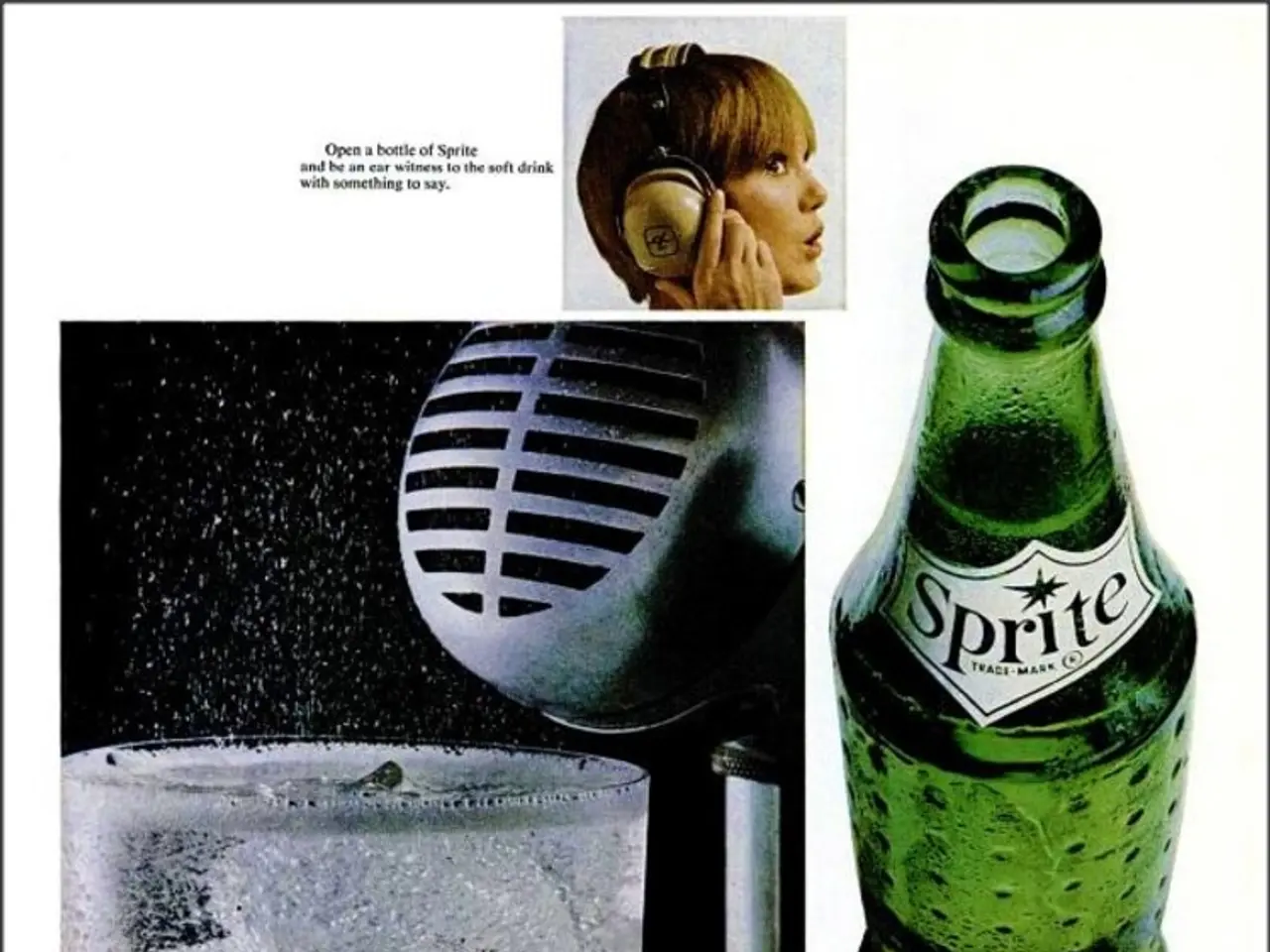Exploring Trump's Ascendancy via Reality Show Rampant
In an unprecedented turn of events, Donald Trump, once a reality TV star, was re-elected as the President of the United States in May 2024. His political persona parallels the appeal of reality television, merging political leadership with spectacle-driven appeal, and engaging a viewership motivated by voyeuristic curiosity about the drama, power struggles, and theatricality of his public life.
Trump's background as a reality TV personality, most notably from The Apprentice, established his public image around entertainment, dramatic conflict, and a larger-than-life persona. His style focuses heavily on media spectacle and self-promotion, typical of reality television formats. This blend of celebrity culture with politics is evident in his political actions, which often prioritize appearance, gilded grandeur, and media attention over substantive policy.
High-profile summits and dramatic public stunts function as televised power displays, mirroring the entertainment value and ratings-focused approach of reality TV. The concept of voyeurism helps explain why people remain engaged with Trump even amid controversy and negative views. Audiences are compelled to watch and interpret the personal and political drama as an unfolding narrative, feeding curiosity about his private and public life. This aligns with how reality TV viewers engage by observing real-life conflicts and personalities.
Trump’s portrayal and frequent appearances in popular culture and comedy shows also reflect the blurring of politics with entertainment, increasing the sense of watching a "performance" rather than traditional political leadership.
However, Trump's unfiltered, unpolished, and morally ambiguous persona seems to strike a chord with a significant segment of the American electorate. The balance between excitement and danger in Trump's leadership style must be recognized to prepare for the consequences of emotional manipulation.
The juxtaposition of criminality and adoration encapsulated the mystique surrounding Trump's enduring popularity. In May 2024, just hours after his conviction on 34 felony charges related to tampering with business records to sway the 2016 election, a red hat with the words "Make America Great Again" was placed on his Hollywood Walk of Fame star. The incident occurred amid a sea of conflicting emotions, reflecting the polarizing nature of Trump's presidency.
Emotions are a powerful force, but reason and integrity must ultimately guide our decisions in navigating contemporary politics. Understanding the dynamics of authenticity, transgression, and emotional manipulation in Trump's appeal can lead to a more nuanced conversation about leadership, governance, and the role of emotion in shaping our political landscape. Recognizing the parallels between Trump's rise and voyeuristic practices is not just about explaining his popularity; it is about equipping ourselves to resist manipulation and hold our leaders accountable for their actions.
References:
[1] Kellner, D. (2019). Trump and Reality TV Politics. In M. Shapiro & J. Schiffrin (Eds.), The Television Will Be Revolutionized: Reality TV and the Politics of Post-Network Television. New York University Press.
[2] Pfeiffer, K. (2017). Trump's Reality TV Presidency. The Atlantic. Retrieved from https://www.theatlantic.com/politics/archive/2017/01/trump-reality-tv-presidency/512272/
- Trump's political career, rooted in reality TV, often merges business, policy, and politics with entertainment, social media, and pop-culture, creating a spectacle-driven appeal that mirrors the dramatic conflicts and voyeuristic curiosity of his public life.
- The fusion of politics and entertainment is evidenced in Trump's appearance in popular culture and comedy shows, blurring the line between traditional political leadership and performance.
- The juxtaposition of Trump's conviction on felony charges with his enduring popularity reflects the complexities of authenticity, transgression, and emotional manipulation in his appeal.
- Understanding the parallels between Trump's rise and voyeuristic practices is crucial for equipping ourselves to resist manipulation and hold leaders accountable for their actions, ensuring policy-and-legislation and general-news are guided by reason and integrity in contemporary politics.








